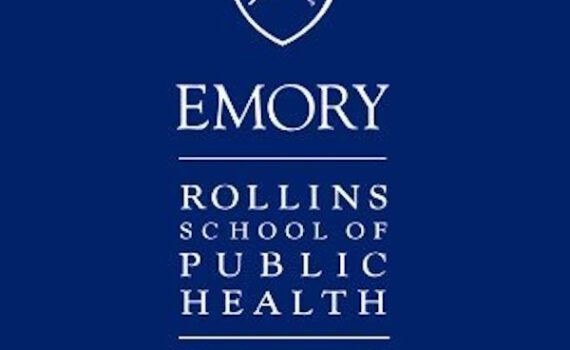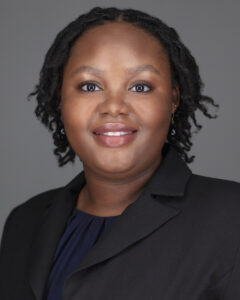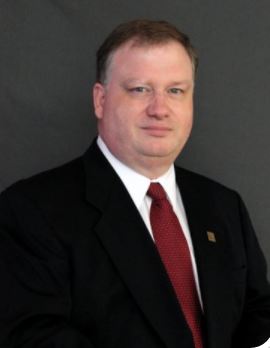Breaking into Pharma and Biotech: Epidemiology Careers in Industry
Category : PROspective
Thinking about life beyond academia or government work? You’re not alone. More and more epidemiology grads are finding their footing in the world of pharma and biotech—and loving it. Whether you’re driven by data, strategy, or innovation, industry roles offer a fast-paced, impactful environment where epi skills shine. If you’re curious about making the leap, here are some tips to get you started:
-
Learn the Lingo
Pharma and biotech use a slightly different dialect than academia or public health. Terms like real-world evidence (RWE), HEOR (health economics and outcomes research), clinical development, and regulatory affairs come up often. Start getting familiar with this language through LinkedIn job posts, webinars, or company blogs. It’ll help you understand what different roles actually entail—and you’ll be able to speak their language in interviews. -
Network with Intention
Connecting with Rollins alums or other professionals in industry can open doors that a cold resume can’t. But rather than sending a generic message, do a little homework first—mention something specific about their background or role that caught your attention. During informational interviews, ask thoughtful questions like what surprised them most about working in industry, or what skills they use daily. These conversations are gold when it comes to tailoring your own path. -
Consider Internships and Fellowships
Getting your foot in the door is often easier through structured programs. Look into opportunities like the CDC’s ORISE Fellowship (which sometimes partners with industry), or internships at companies like Genentech, Amgen, or Moderna. Many of these programs look for graduate students with strong analytical skills and public health experience—aka you. Even short-term roles can give you insider exposure and valuable talking points for future applications. -
Build Skills That Translate
Industry loves data-savvy problem solvers. Strong programming skills in SAS, R, Python, and experience managing large healthcare or claims databases will give you a major edge. But soft skills count too—project management, cross-functional communication, and an ability to translate complex findings into actionable insights are all highly valued. Think about how to frame your academic work in a way that shows impact and collaboration. -
Tailor Your Resume Like a Pro
Industry resumes are short, punchy, and focused on results. Ditch the dense paragraphs and opt for bullet points that highlight accomplishments—did your analysis help improve a program? Did you coordinate across departments? Use numbers and action verbs whenever possible. It’s less about listing everything you’ve done and more about showing how you’ve made a difference. -
Keep an Open Mind About Job Titles
Not every job with “epidemiologist” in the title is in academia—and not every industry role that fits your background will use that title. Look out for positions like Clinical Scientist, Medical Affairs Associate, RWE Analyst, Pharmacovigilance Specialist, or Health Outcomes Researcher. Read job descriptions carefully, and don’t be afraid to apply if you meet most—but not all—of the qualifications. -
Stay Curious About the Industry
Pharma and biotech are constantly evolving. Stay current by following companies on LinkedIn, subscribing to newsletters like Endpoints News, STAT, or Fierce Pharma, and tracking policy updates from the FDA or EMA. Having a sense of industry trends—like the rise of personalized medicine or AI in drug development—can help you hold your own in interviews and understand where you might fit in.


 Dede is a second-year MPH Candidate in Epidemiology also in the Maternal and Child Health certificate. Dede is from Orlando, Florida, and her primary research interests are Black infant and maternal morbidity/mortality, maternal substance use, and Black & Indigenous/Latine reproductive health. Prior to attending Rollins, Dede attended the University of South Florida, where she obtained her Bachelor of Arts in Psychology with a minor in Public Health. She is one of the RSGA Department of Epidemiology student representatives.
Dede is a second-year MPH Candidate in Epidemiology also in the Maternal and Child Health certificate. Dede is from Orlando, Florida, and her primary research interests are Black infant and maternal morbidity/mortality, maternal substance use, and Black & Indigenous/Latine reproductive health. Prior to attending Rollins, Dede attended the University of South Florida, where she obtained her Bachelor of Arts in Psychology with a minor in Public Health. She is one of the RSGA Department of Epidemiology student representatives.



Recent Comments